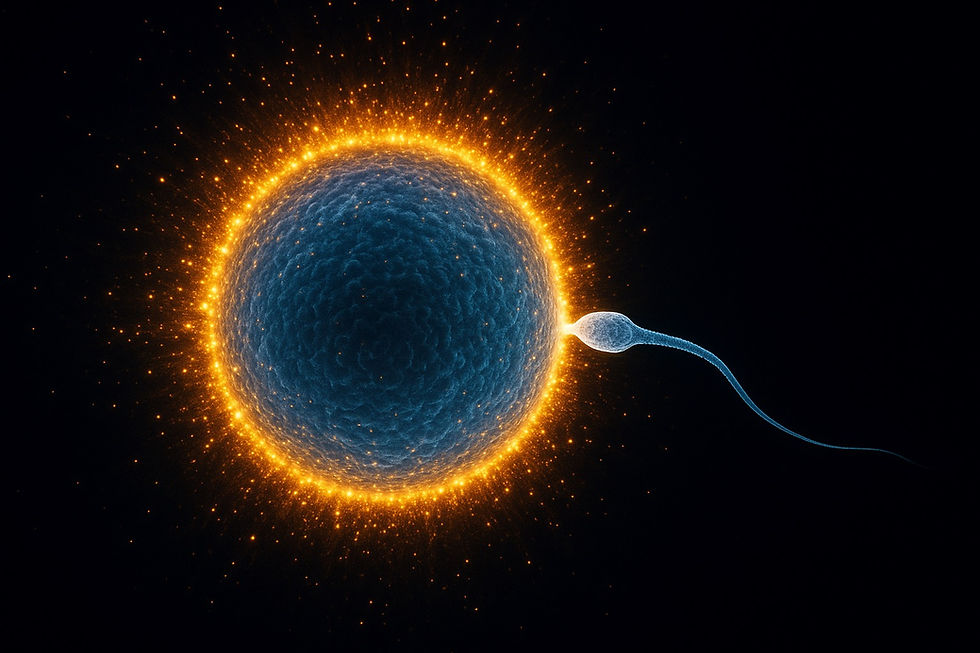The Hidden Risks of Ketosis: Dehydration and Beyond
- Courtney Hunt, MD

- Feb 13, 2024
- 2 min read

Embarking on a ketogenic diet, where the body switches from burning carbohydrates to fat for energy, can be a transformative journey for weight loss, blood sugar control, and improved energy levels. However, the shift can also bring its share of challenges, particularly in the initial stages. One of the most common, yet often overlooked, is the risk of dehydration and its potential to lead to more serious health complications such as kidney stones, appendicitis, diverticulitis, and gallstones.
The Dehydration Dilemma
When you start a ketogenic diet, your body undergoes significant changes in how it processes fluids and electrolytes. Carbohydrates, which are restricted on this diet, normally hold water and sodium in your body. As you cut back on carbs, your body starts shedding water, leading to an increased risk of dehydration.
Dehydration isn't just about feeling thirsty. It can disrupt the balance of minerals and salts in your body, affecting your overall health. It's crucial to recognize the signs of dehydration early on—fatigue, dizziness, headaches, and dark urine are key indicators that you need to up your fluid intake.
Beyond Dehydration: A Cascade of Risks
The ripple effects of dehydration extend beyond discomfort and can lead to more severe health issues:
- Kidney Stones: A dehydrated state can concentrate the urine, leading to the formation of kidney stones. These painful formations occur when crystal-forming substances in the urine, such as calcium, oxalate, and uric acid, exceed the fluid available to dilute them.
- Appendicitis and Diverticulitis: Though less directly connected, dehydration can contribute to conditions like appendicitis and diverticulitis by affecting digestion and making the bowel more prone to inflammation and blockages.
- Gallstones: Rapid weight loss and a high-fat diet, both characteristics of a ketogenic diet, can increase the risk of gallstones. These are hardened deposits within the gallbladder that can cause significant pain and digestive issues.
Safeguarding Your Health on a Ketogenic Diet
To mitigate these risks, it's essential to prioritize hydration and maintain a balanced intake of electrolytes (sodium, potassium, magnesium). Here are a few practical tips:
1. Increase Your Water Intake: Aim for at least 8-10 glasses of water a day, more if you're active or live in a hot climate.
2. Balance Electrolytes: Consider adding a pinch of salt to your water or consuming electrolyte supplements to keep your electrolyte levels in check.
3. Monitor Your Health: Be vigilant about any signs of health issues and consult with a healthcare provider if you experience symptoms like severe abdominal pain, changes in urination, or persistent digestive problems.
While the ketogenic diet has its benefits, it's important to approach it with caution and awareness of the potential health risks. By staying hydrated and attentive to your body's needs, you can navigate the challenges of ketosis and enjoy the rewards of your dietary choices safely.
---
This post aims to inform readers about the importance of hydration and the potential risks associated with dehydration on a ketogenic diet. Always consult with a healthcare professional before making significant changes to your diet, especially if you have pre-existing health conditions. This is educational content only and is not medical advice. To learn more, join Dr. Hunt live this Friday, February 16th at 10:30am MST for an educational webinar: Intro Mitochondria.




Comments